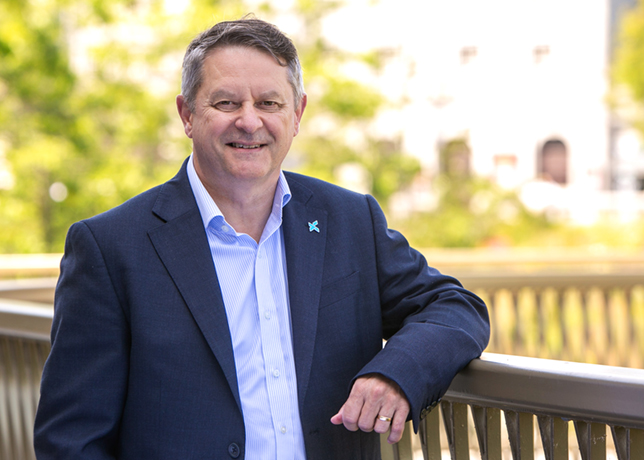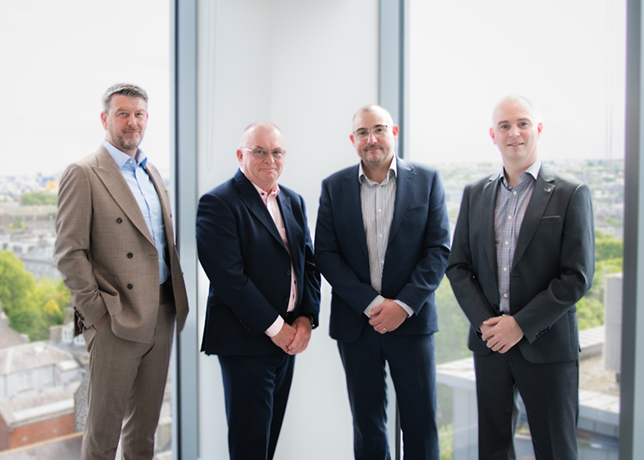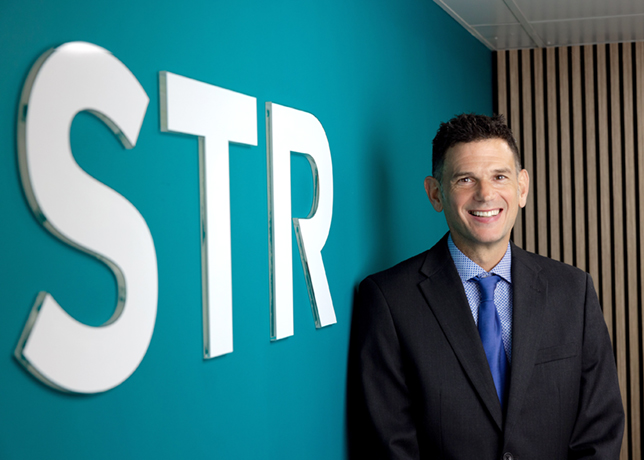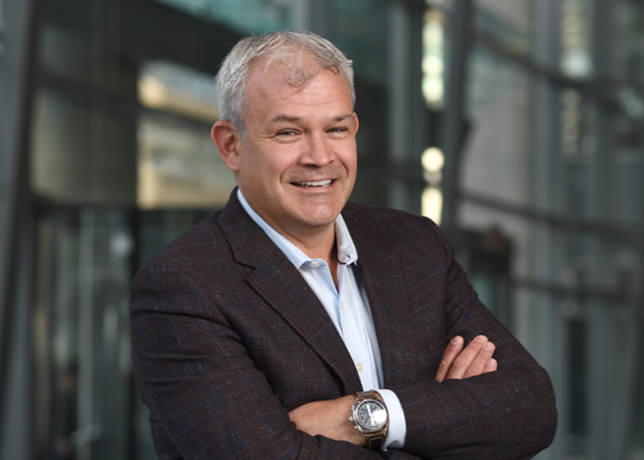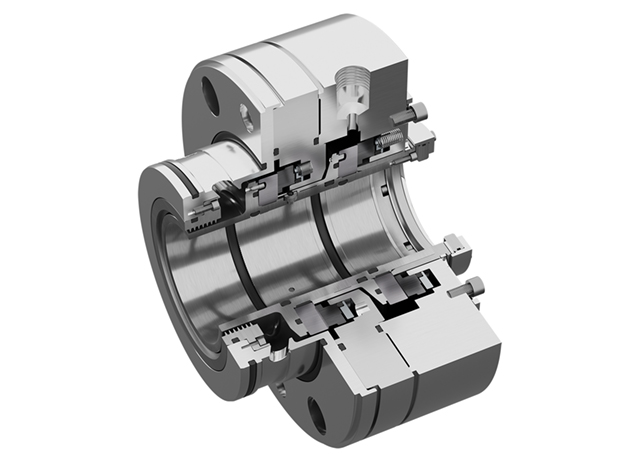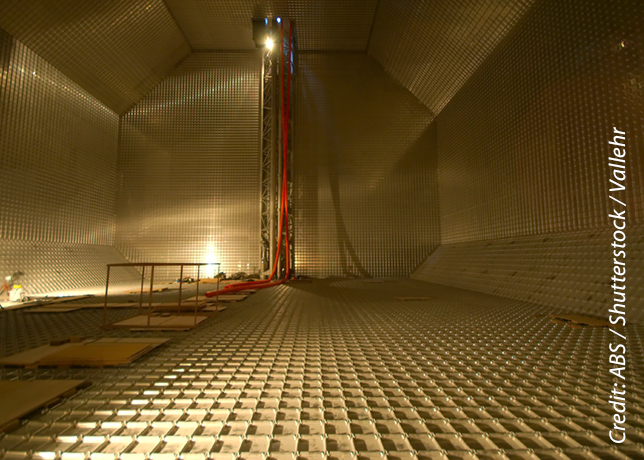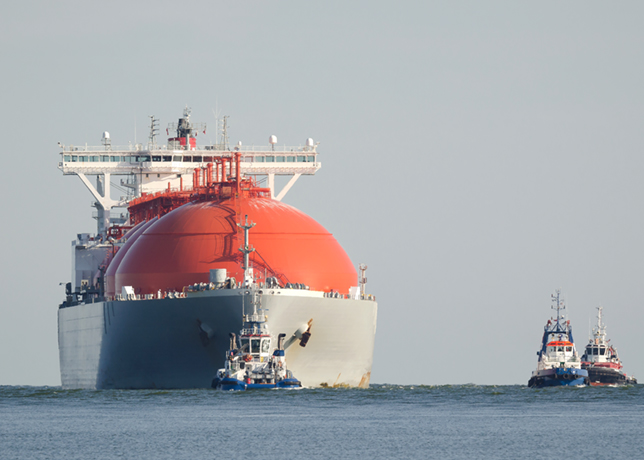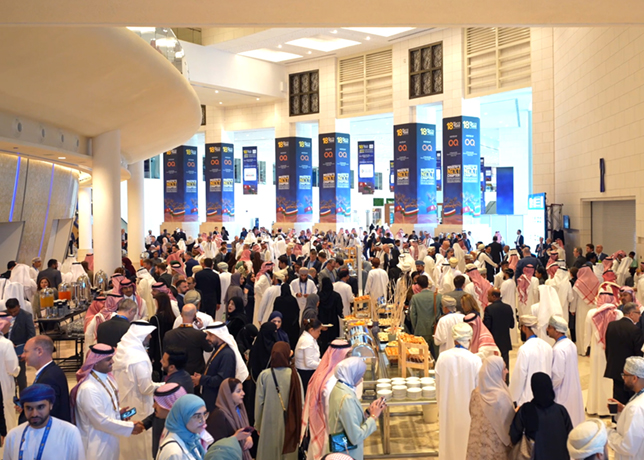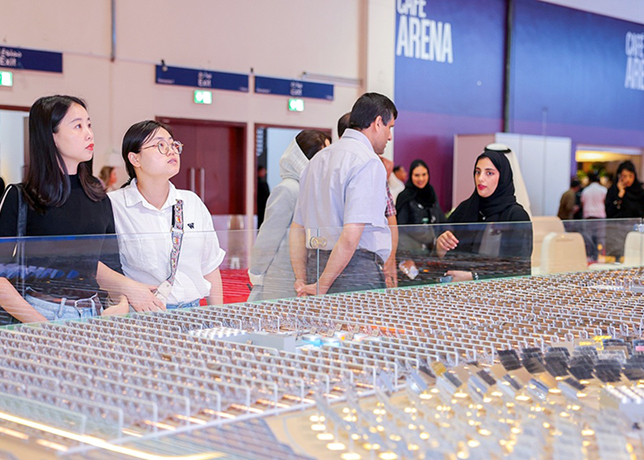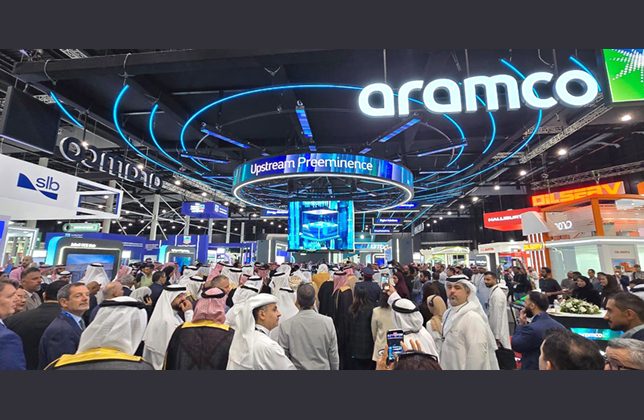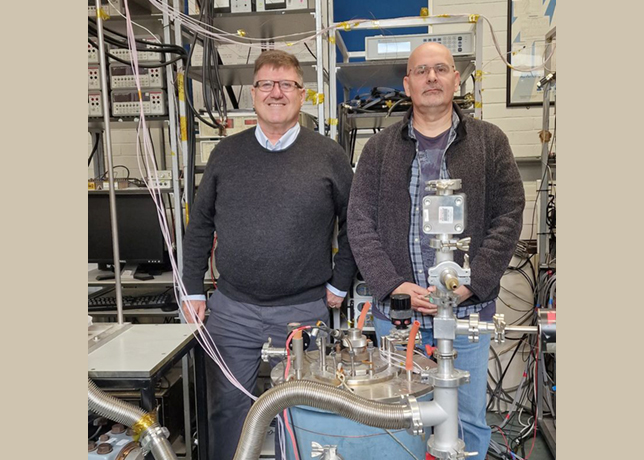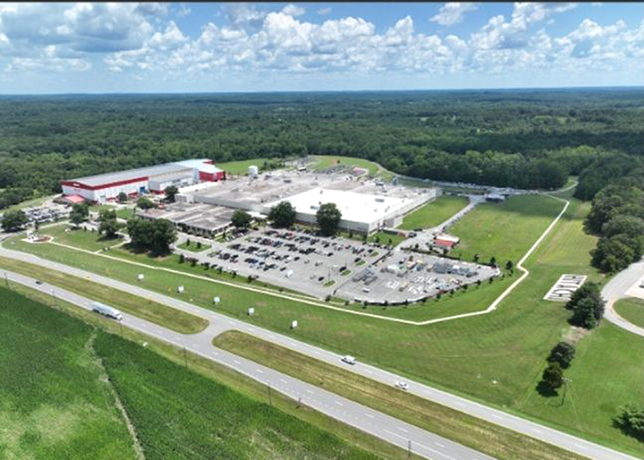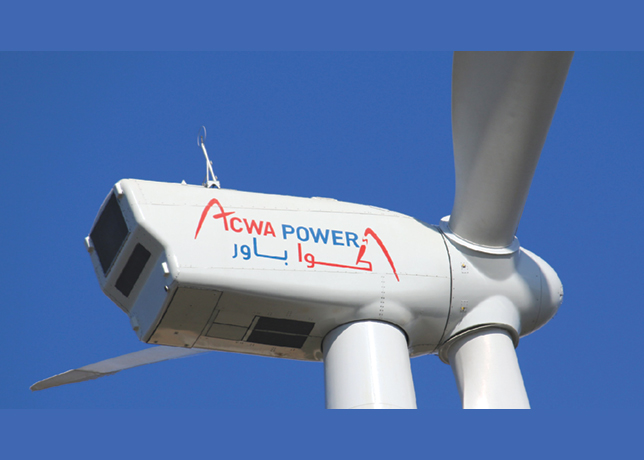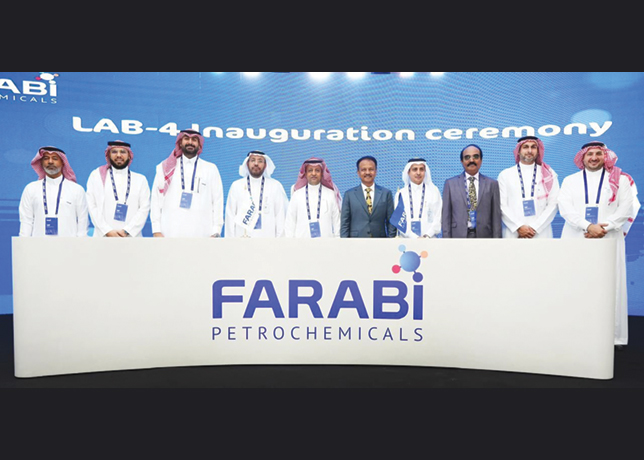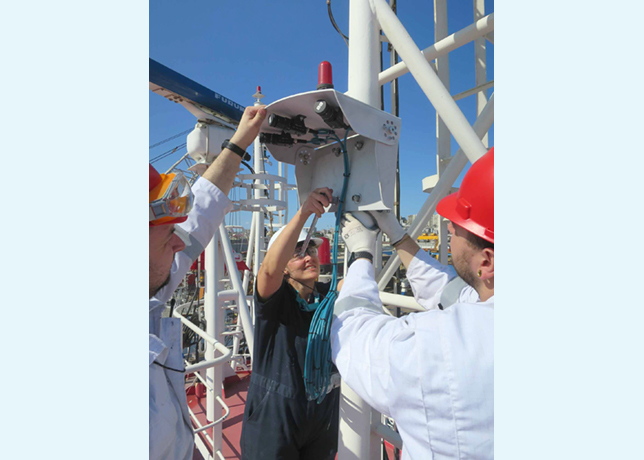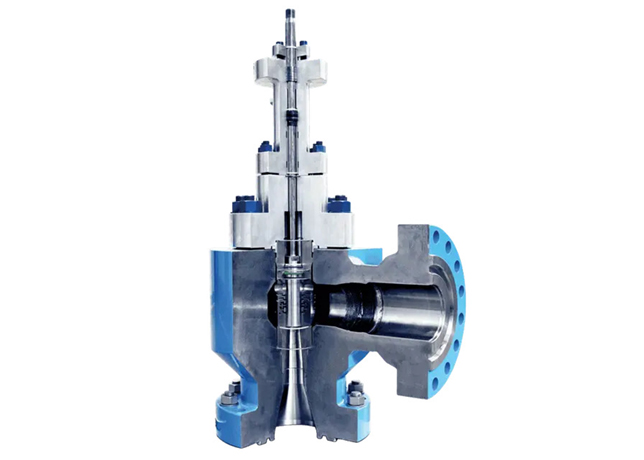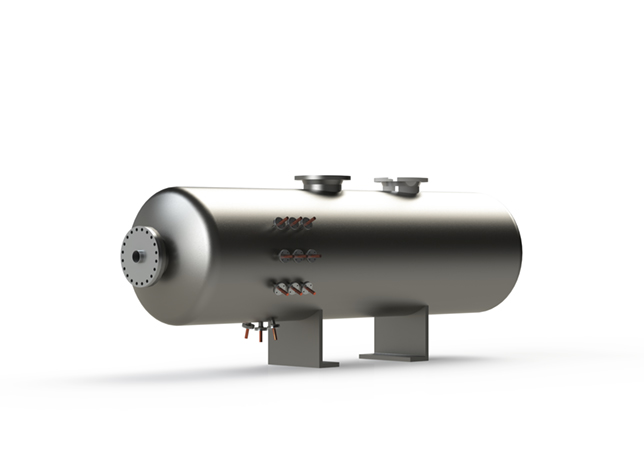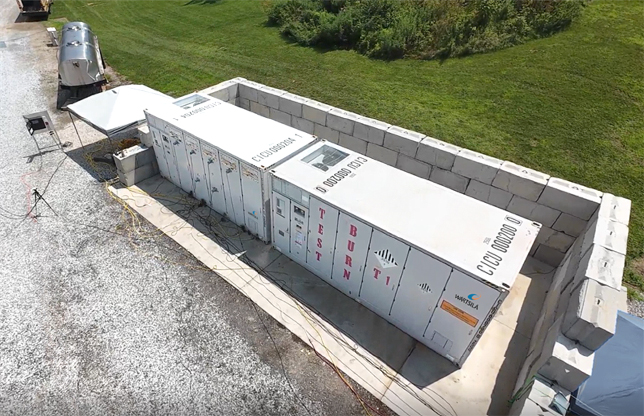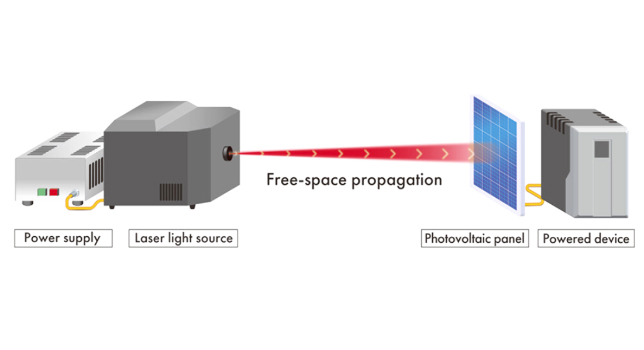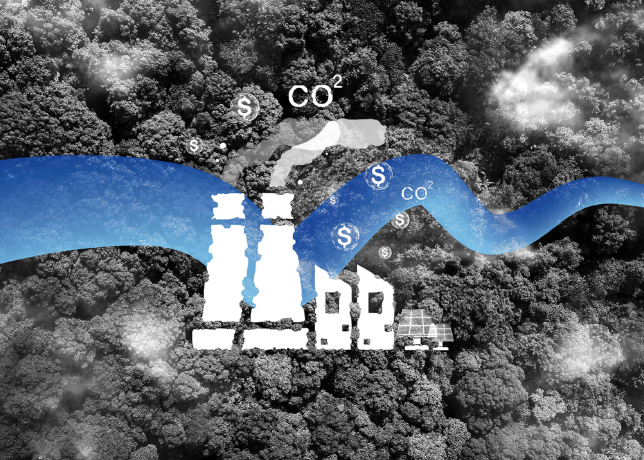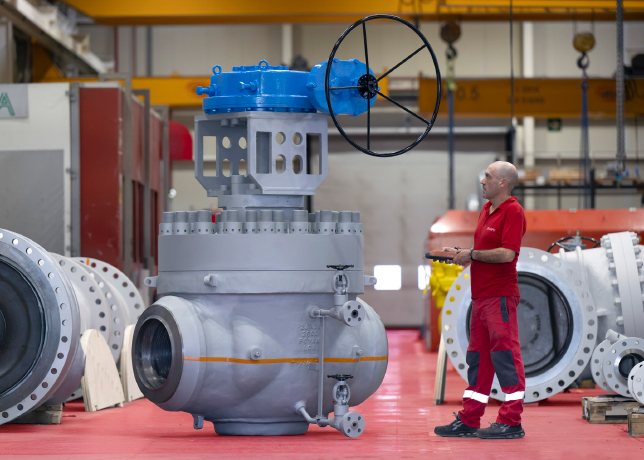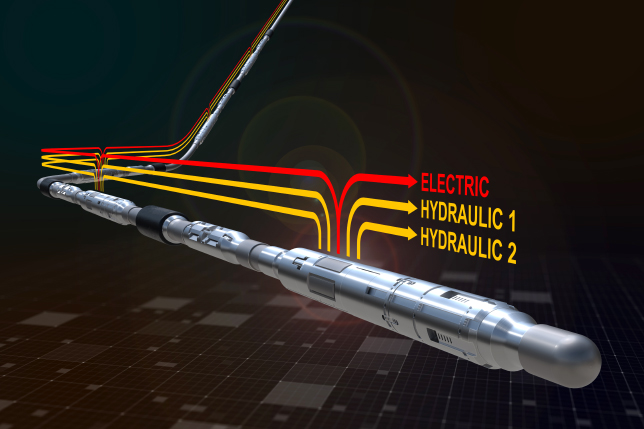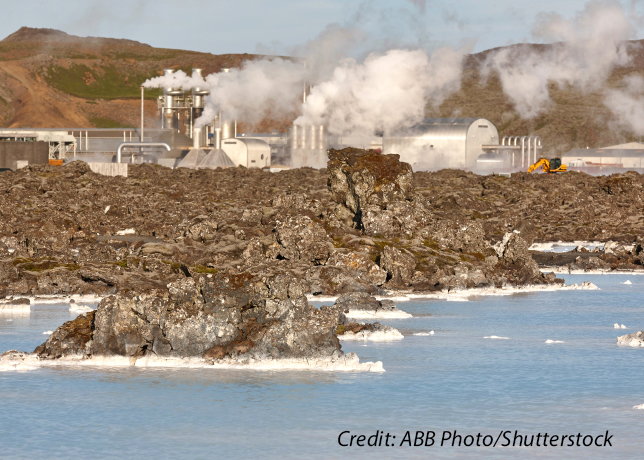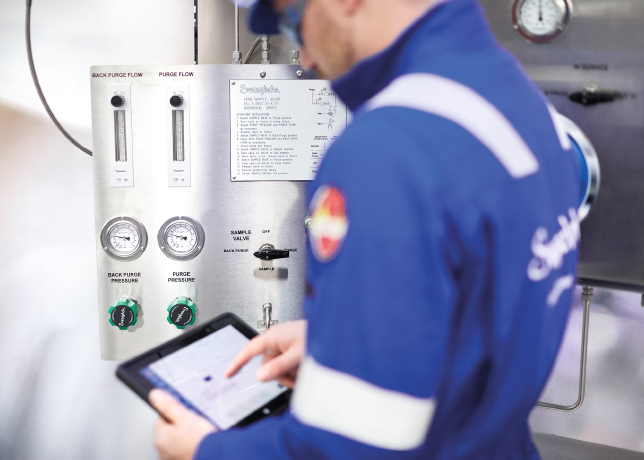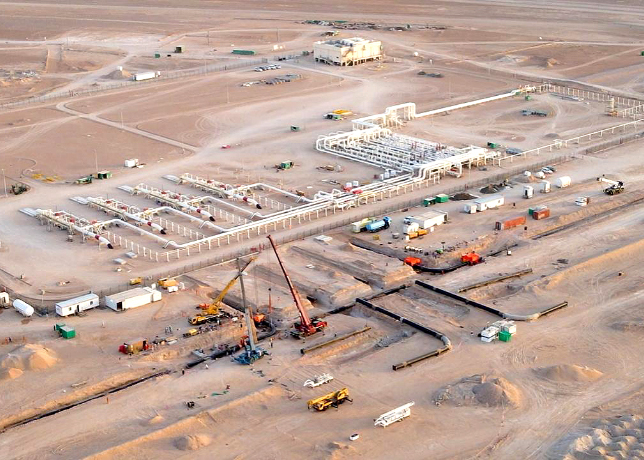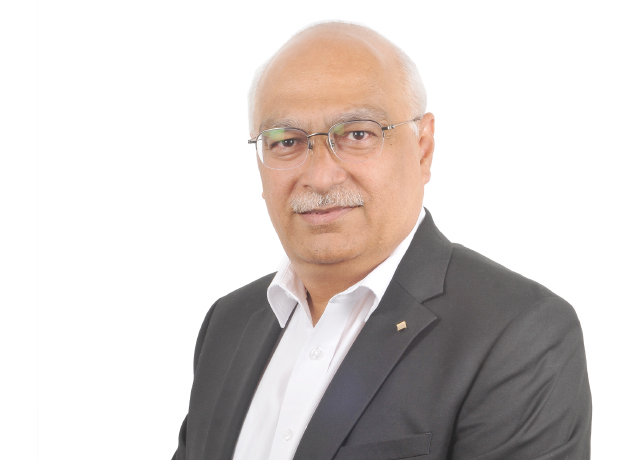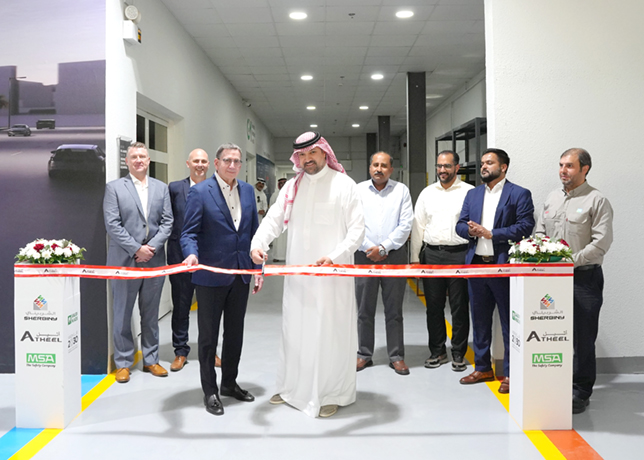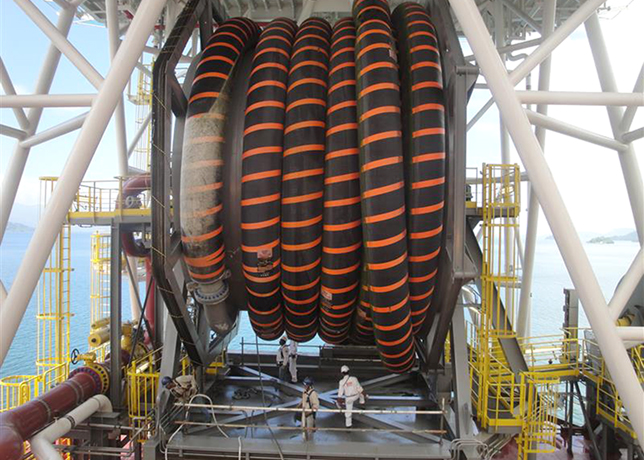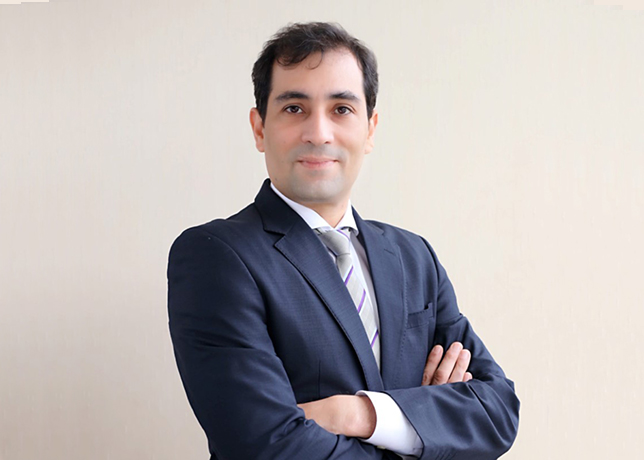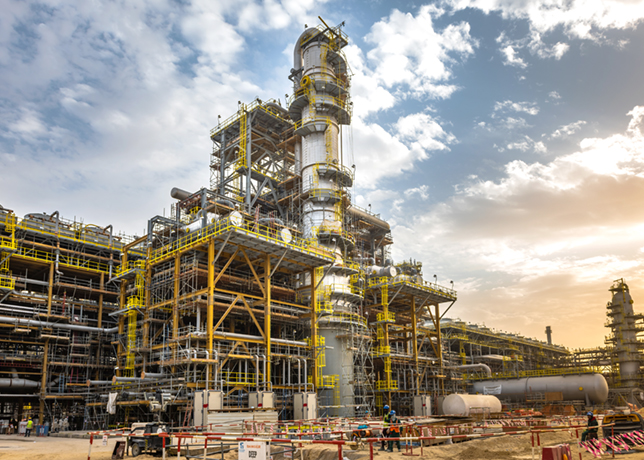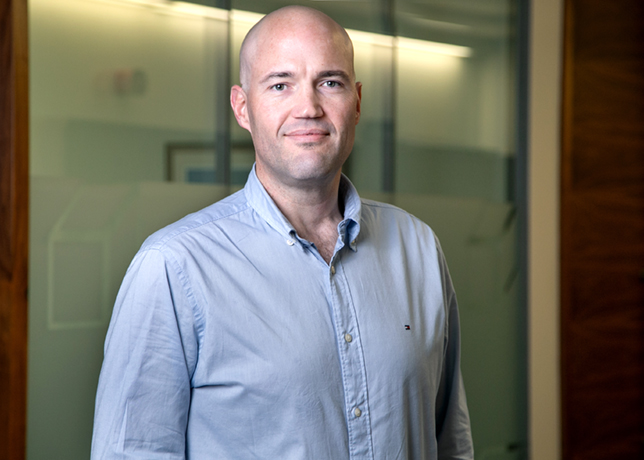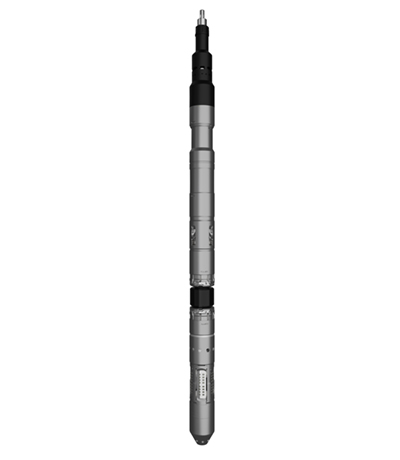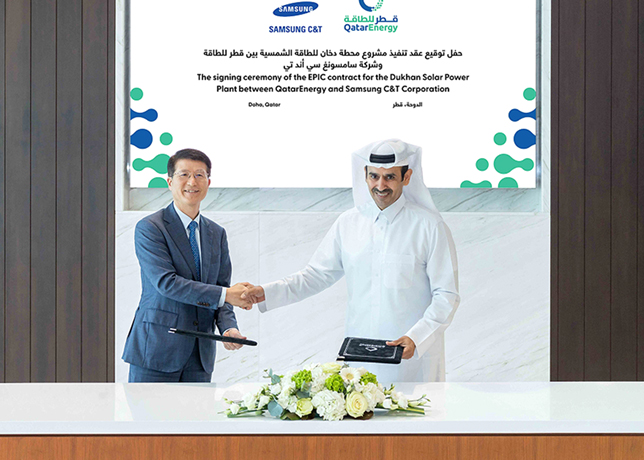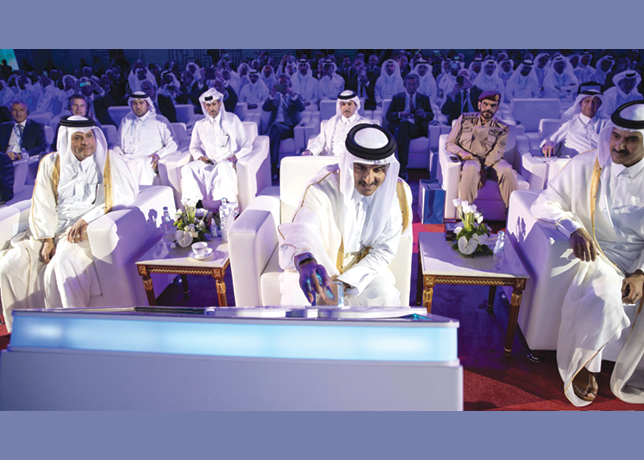
The Commonwealth Scientific and Industrial Research Organisation (CSIRO), Australia's national science research agency, is now part of the Joint Industry Partnership (JIP) of the Supercritical Transformational Electric Power (STEP) project known as STEP Demo.
The STEP project seeks to demonstrate power generation plants enabled by supercritical carbon dioxide (sCO2) technology that can offer dramatically improved efficiencies, economics, and environmental performance, and can play an important role as low-carbon energy evolves.
CSIRO’s contributions will improve understanding of how sCO2 power plants can enable lower and zero emission technology solutions, and how those plants might be used in remote mining and community locations as a low-cost alternative to diesel fuel power generation.
With funding from the US Department of Energy/National Energy Technology Laboratory (US DOE/NETL) and numerous other industry partners, GTI is leading the STEP Demo project team in collaboration with Southwest Research Institute (SwRI) and GE Research. The pilot plant has been designed, building construction has been completed, and equipment installation is underway on the SwRI campus in San Antonio, TX. Operational start-up is anticipated next year.
This first-of-a-kind 10 Megawatt-electric (MWe) sCO2 pilot plant will demonstrate a fully integrated functional power cycle in a test facility configured to enable optimization of system performance and characterisation of critical components and subsystems. When completed, it will be the largest sCO2 demonstration facility of its kind in the world, and will represent a significant step toward technology commercialization.
The STEP Demo pilot plant will be used to advance the sCO2 Brayton power cycle and demonstrate performance over a range of operating conditions. Using sCO2 as a power cycle working fluid instead of steam/water will lower capital expenditures and reduce plant size and footprint.
Supercritical CO2 cycles can operate using a wide range of heat sources, including fossil fuel (natural gas), renewables (concentrated solar, biomass, geothermal), next-generation nuclear, industrial waste heat recovery, and shipboard propulsion. By combining higher cycle efficiencies with lower cost and highly compact turbomachinery, substantial emissions benefits, versatility, scalability, and responsiveness can be achieved.
As Australia’s national science agency, CSIRO undertakes a wide range of research, development and demonstration activities in sectors such as energy, mineral resources, land/water, and manufacturing, that are directly related to the application of advanced sCO2 power plants. Many of CSIRO’s activities are undertaken in collaboration with industry, which also provides potential commercial uptake pathways for sCO2 power plants.
“CSIRO is strongly focused on the development and application of emerging technologies as a means to achieve more efficient, cost-effective, and sustainable solutions for society. When used with low-emission energy inputs, advanced sCO2 power plants have the potential to be a transformational technology that can accelerate the world’s transition to a low-carbon future,” says David Harris, CSIRO’s Low Emission Technologies Program Lead.
The Australian Solar Thermal Research Institute (ASTRI) and Graphite Energy, a developer of modular graphite-based thermal energy storage, are part of CSIRO’s team, highlighting the importance that the country places on end use applications and the desire to assess how sCO2 power plants can be embedded within Australia’s future on and off-grid connected power systems.
“CSIRO is a pioneering and highly respected organisation that shares our focus on technology innovation. We have aligned interests in reducing costs and providing cleaner sources of electricity, and Australia has one of the best environments to test the use of sCO2 power plants with renewable energy technologies,” notes Michael Rutkowski, GTI Senior Vice President, Research and Technology Development. “We’re pleased to have CSIRO join this collaboration and expand our impact worldwide.”
The industry, academic, and government partners in this open JIP help to guide the test activities and move the technology from the lab to the field. Developing and maturing the technology at pilot scale spurs the development of designs, materials, components, and systems necessary for larger-scale sCO2 power systems.
Post project, it is planned that STEP Demo will remain a testbed for sCO2-cycle-based power development. The plant design allows flexibility to be reconfigured to accommodate ongoing testing and technology optimisation. The project team welcomes additional partners with interest in the technology. —Tradearabia News Service








